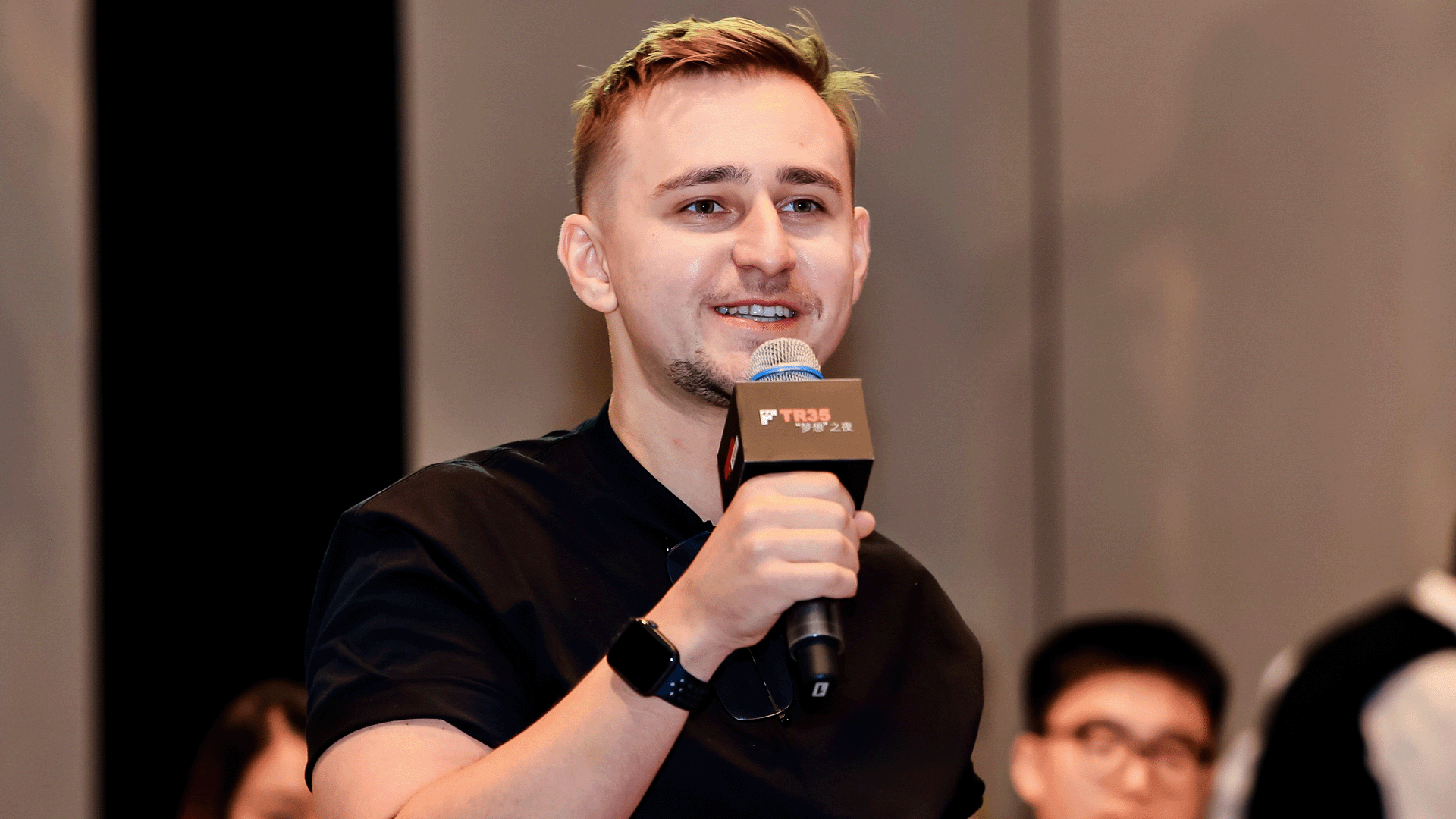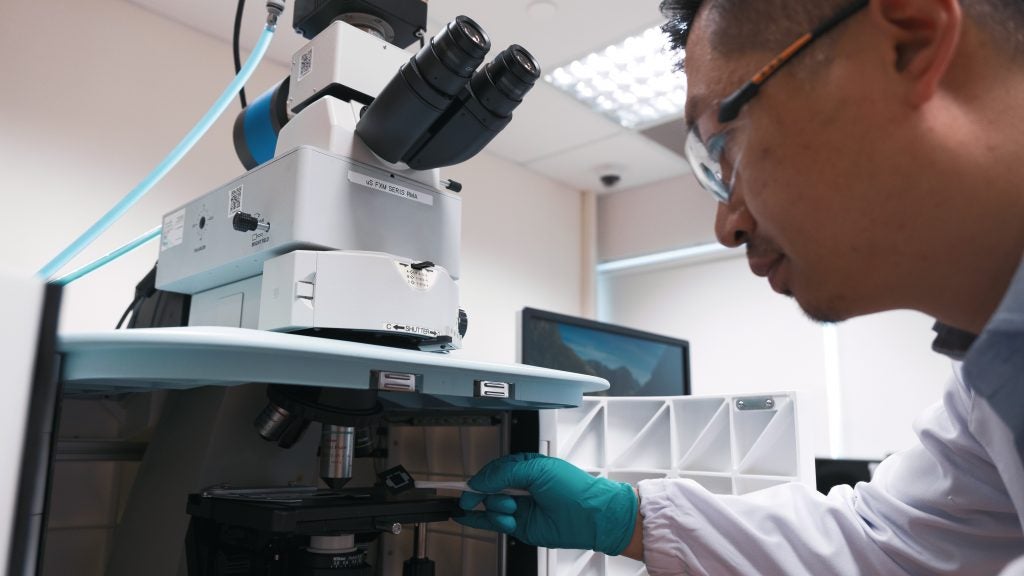
Assistant Professor Denis Bandurin (Materials Science and Engineering) has been honoured with the 2025 Young Scientist Award by the International Society of Infrared, Millimeter, and Terahertz Waves (IRMMW-THz), the first researcher based in Singapore to receive this prestigious award.
The award recognises his groundbreaking research into the terahertz response of free electrons in solids. The award will be formally presented at a ceremony to take place at the 50th International Conference on Infrared, Millimeter, and Terahertz Waves to be held in August at Aalto University in Helsinki, Finland.
Asst Prof Bandurin’s research focuses on how electrons behave at terahertz frequencies, providing key insights into the quantum properties of materials. His work bridges fundamental physics with technological innovation, paving the way for advancements in electronics and photonics that address real-world challenges.
The IRMMW-THz award committee chose Asst Prof Bandurin’s prize dedication to read: “for the fundamental study of the terahertz response of free electrons in solids."
Commenting on the award, Asst Prof Bandurin said: “Terahertz waves occupy a unique space in the electromagnetic spectrum, with immense potential for applications in high-speed communication, advanced imaging, and ultra-sensitive sensing technologies. Receiving the Young Scientist Award from the IRMMW-THz Society is a great honour, and I am proud to be the first researcher based in Singapore to achieve this distinction”.
He added: “This recognition reflects the strength of Singapore’s research ecosystem and the exceptional support I’ve received at NUS. I hope this milestone helps to further highlight Singapore’s contributions to global science and inspires new collaborations in advancing terahertz technology.”
The IRMMW-THz Young Scientist Award is presented annually to one researcher for significant contributions to the field. Past recipients include leading figures in terahertz science, underscoring the award’s prestige.
Asst Prof Bandurin’s achievement highlights the cutting-edge research environment at CDE and Singapore’s growing presence in global science and technology. His work not only deepens our fundamental understanding of quantum materials but also contributes to the development of transformative technologies for the future.





